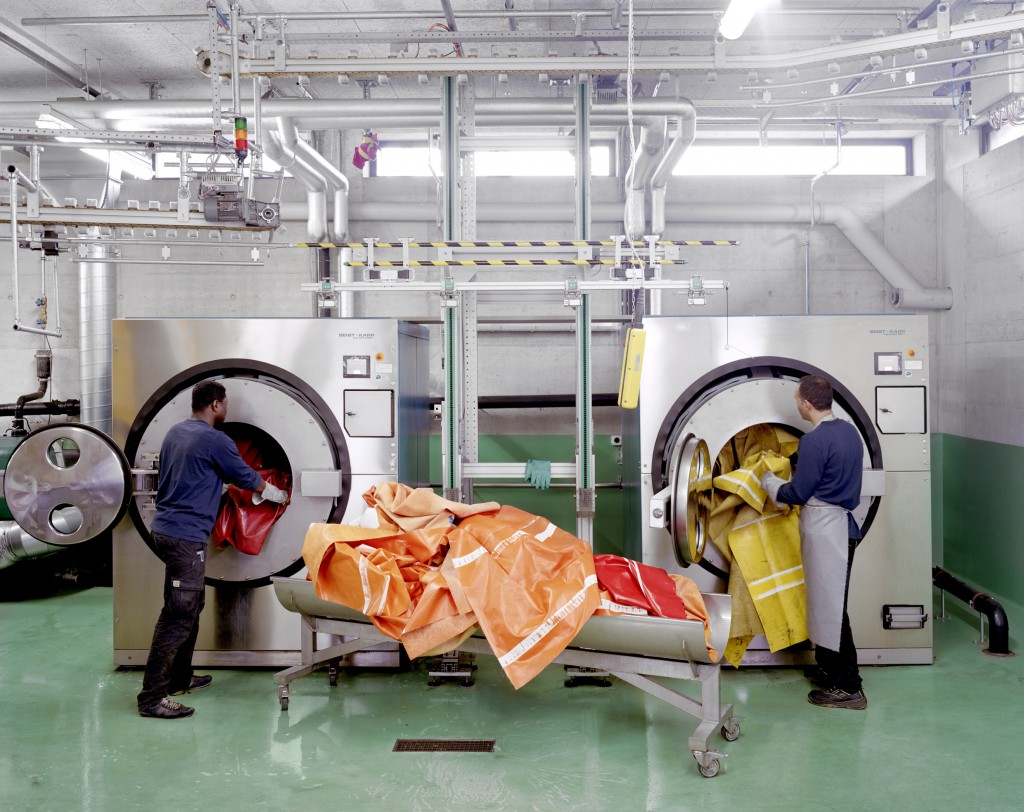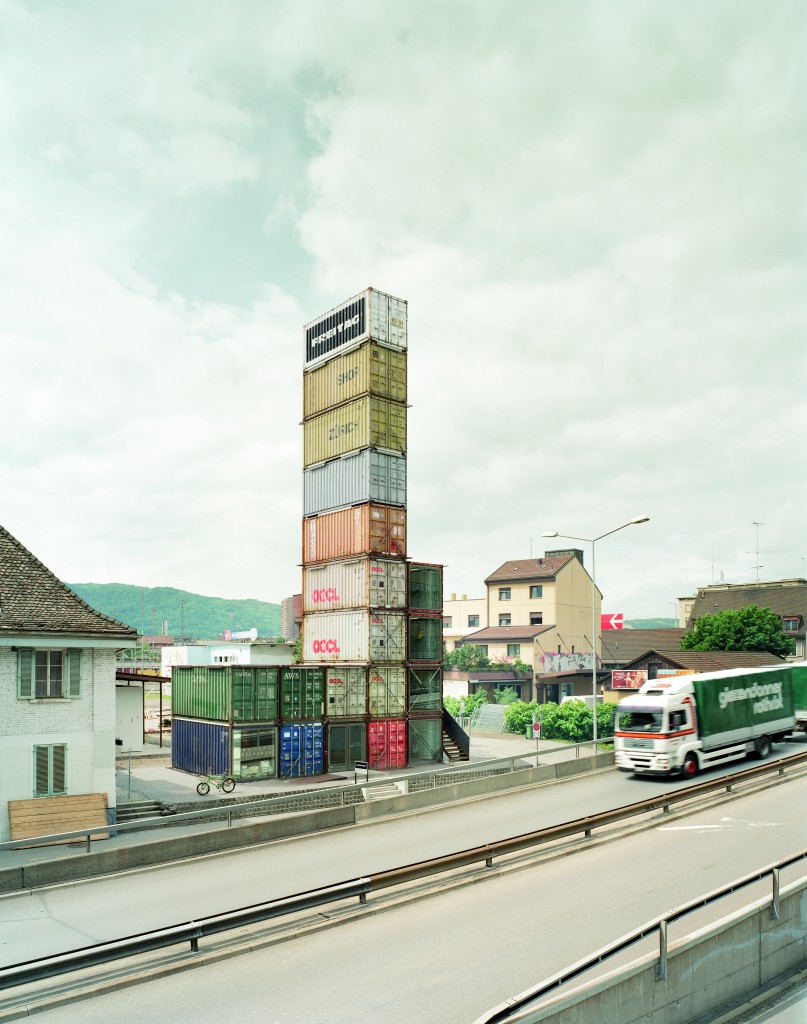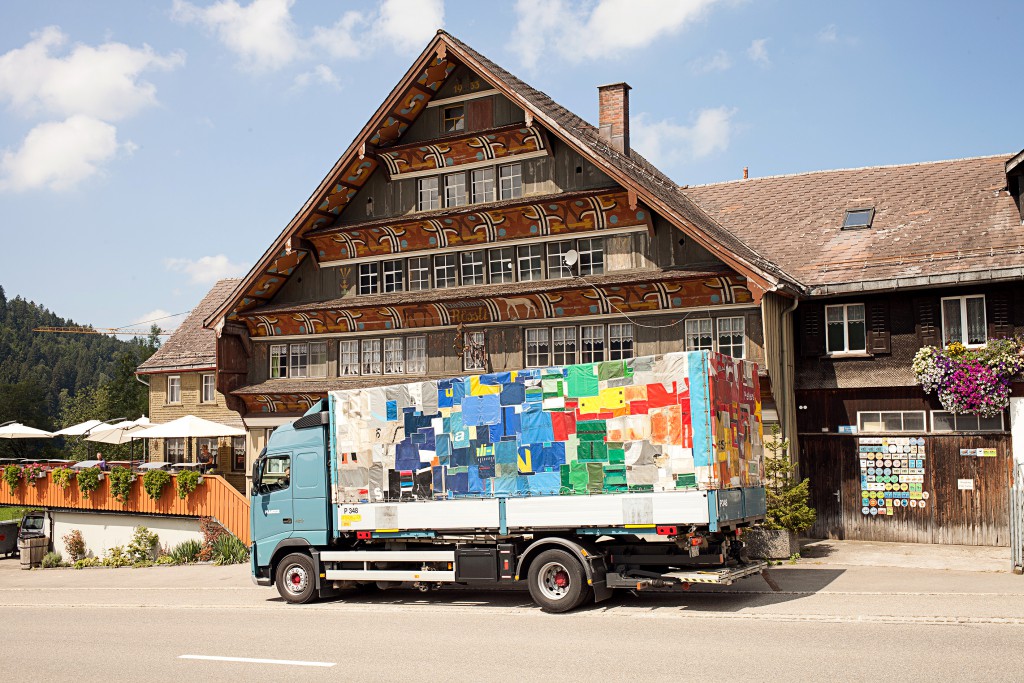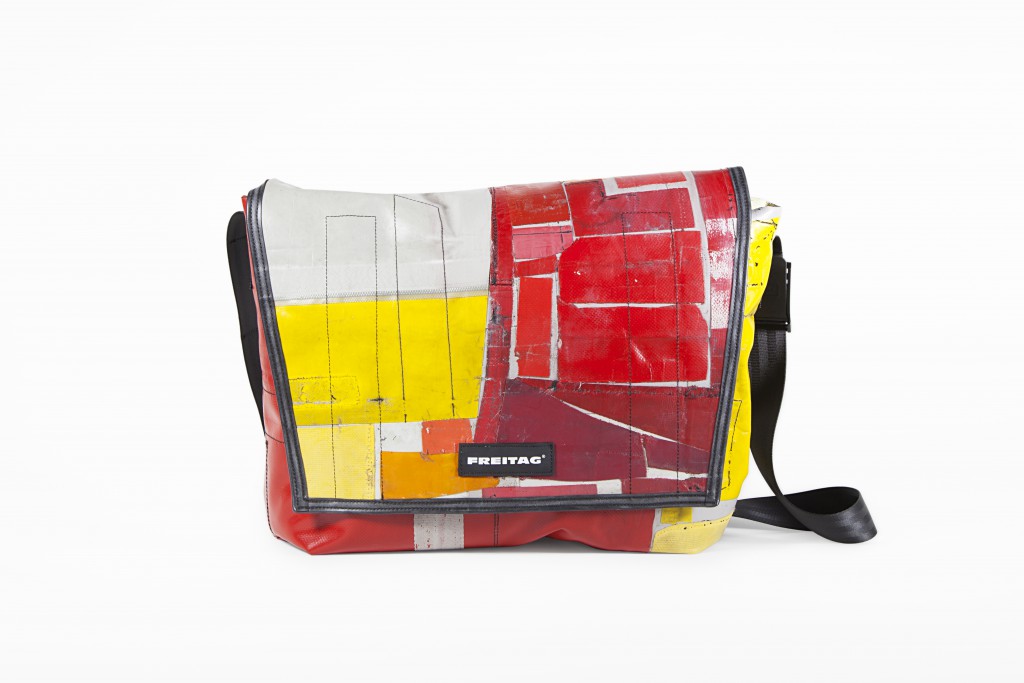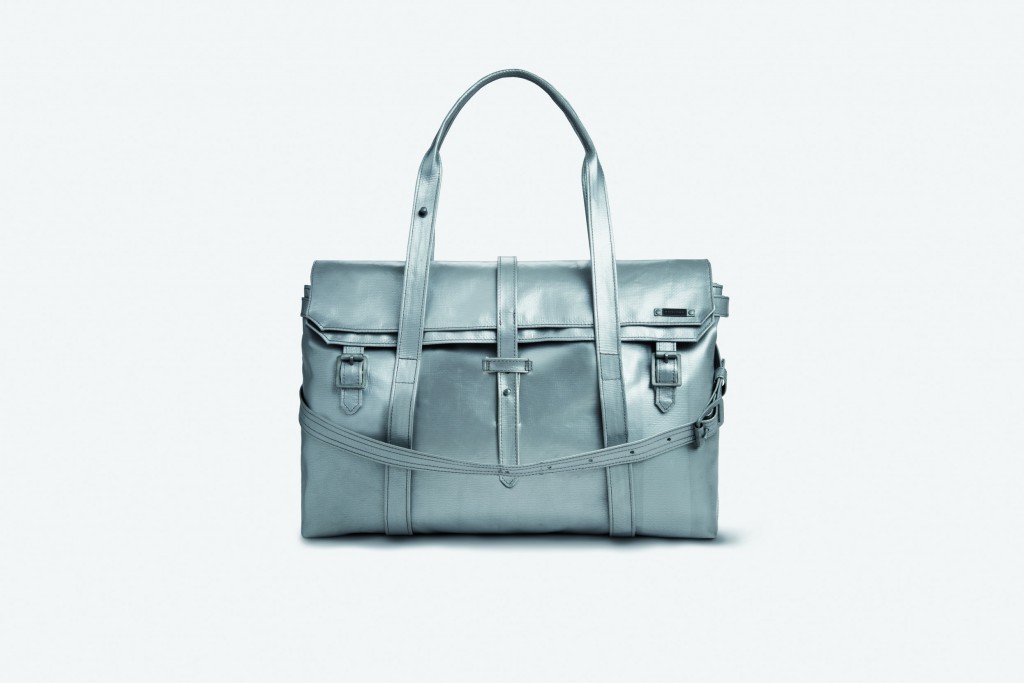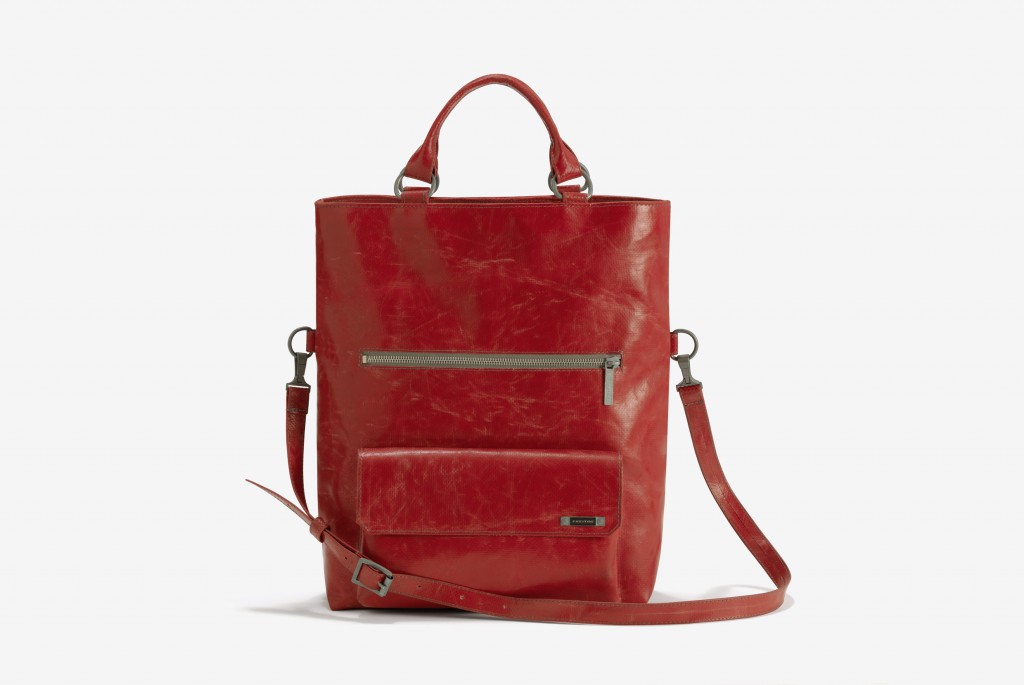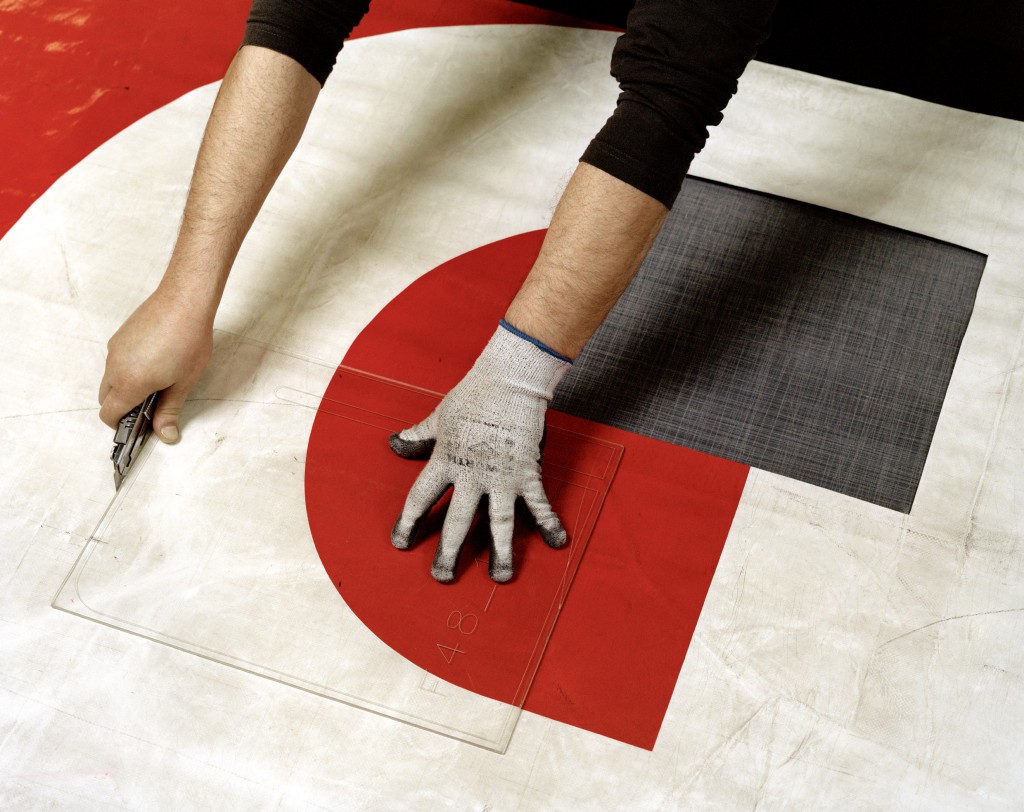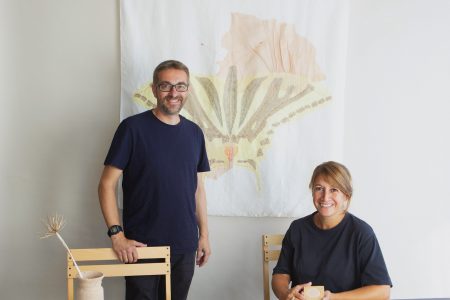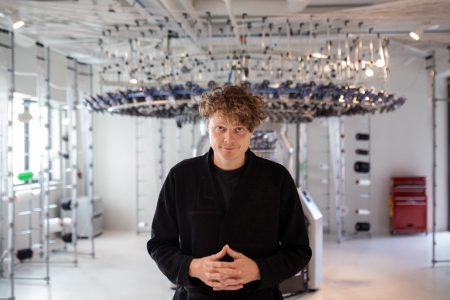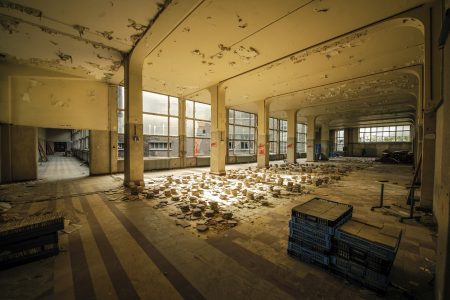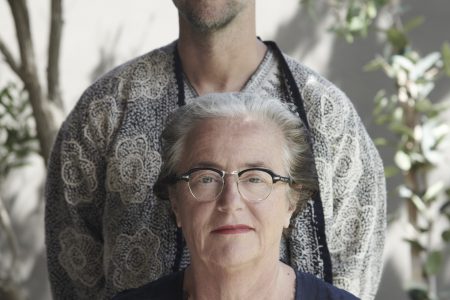
Freitag: Changes for a Sustainable Lifestyle
There is an urban myth that Freitag doesn’t use old truck tarps as professed and only uses manufactured alternatives. We went to verify and visit their newly built, low-cost, high-environmental standards factory in Nœrd, Zurich. What did we find?
Huge stockpiles of dirty tarps with evident traces of ware, dust, bugs and rubbish; their butchering process (what they don’t recycle still finds new function); massive industrial washing machines used to clean tarps with rain water; and a cutting process that generates different designs classified by colours, shine, patina, print technology and quality. Urban myth busted! In this relaxed setting, next to a rooftop garden, TLmag had an enriching conversation with one of the founding brothers, Markus Freitag.
Resist the Passing of Time
In 1993, Markus and Daniel Freitag were looking for a bike messenger bag but couldn’t find one that met their needs; sturdy, waterproof and functional. The brothers observed that people in Switzerland used non-functional backpacks, a far cry from the bags used by messengers in New York or London. They decided to develop a new design. Living in a student flat right over a highway, they were inspired by the lorries that constantly drove past their window. They decided that old tarps could be used as the right material to produce “cheap,” waterproof and resistant bags. Early on, they were able to source for free but as Freitag’s market grew, the company started to acquire the material. Today, Freitag upcycles 350 truck tarps per year and has built a network of logistics transportation companies throughout Europe. These partners regularly deliver old tarps – with 5 to 8 years of use on average – and occasionally newer ones used less than two years. Some of the material comes from companies that have gone bankrupt. These newer tarps are destined to be used in higher-end, “almost-like-new” products, marketed as the Reference collection. Such might explain the misunderstanding of Freitag’s practice.
Innovate in the Existing
Freitag has upheld its strong identity as a sustainable lifestyle brand by developing a new biodegradable product from scratch that could grow in Europe with a small ecological footprint. After five years of research, they’ve created their own textile and clothing line, F-abric, produced from plant fibres such as hemp, flax and modal. The collection is completely compostable and adheres to a cradle-to-cradle philosophy. Everything is sourced within 2500 km of their headquarters. Crops from Normandy become woven textiles that are processed in Italy and manufactured in Poland. In addition, they have also created a patented button – Markus’s favourite piece – that is the first ‘screw button’ that can be personalised and removed from the garment to be reused and prêt a composter. Freitag thinks and creates in cycles and continues to innovate, reinvent and inspire.
